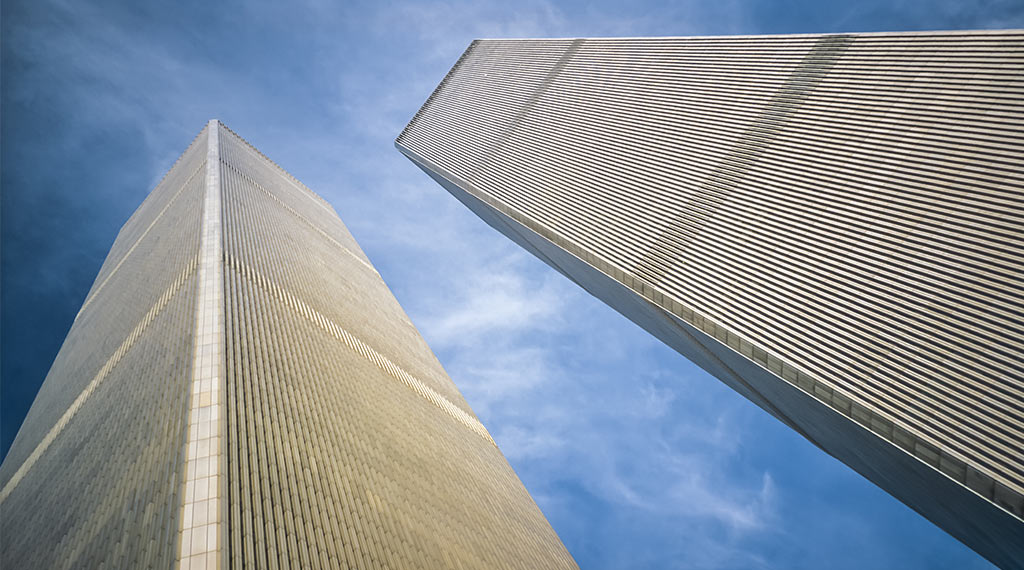Lessons learned from the 9/11 terrorist hijackers must never be forgotten

In the aftermath of the 9/11 attacks, the United States Government took a “whole-of-government” approach to fighting the war on terror. That approach started with the investigations into the attacks on the Pentagon and the World Trade Center and how the 9/11 terrorists perpetrated the attacks and the missed opportunities to prevent the 19 terrorists from ever carrying out the attacks on that dreadful day.
Looking back at the 9/11 hijackers’ travel and other activities leading up to the attacks highlights a litany of red flags, anomalies, and violations that should have led to most of them being removed from the U.S. prior to 9/11. False information provided on forms for visa applications, were enough to deny entry of all 19 hijackers into the United States based on terrorism grounds.
The lack of veracity of the information provided several of the hijackers on customs entry documents and immigration forms would also have rendered them inadmissible to the U.S., if not deportable. Not even doctored passports kept some of the terrorists from entering the United States.
Prior to 9/11, Saudi Arabia was a part of the Visa Express Program whereby, travel agencies could submit visa applications on behalf of Saudi nationals. After the attacks, and the passage of the Homeland Security Act of 2002, particularly, Section 428, Visa Security Program (VSP), Saudi Arabia became a 100% vetting country for all of its applicants for a U.S. visa. However, even the VSP has been identified for needed improvements.
While two of the terrorists were on terrorist watchlists before 9/11 even that wasn’t enough to keep them from boarding flights on that fateful day.
Fortunately, “on the morning of 9/11, through an evaluation of data related to the passengers’ manifest for the four terrorist hijacked aircraft, Customs’ Office of Intelligence was able to identify the likely terrorist hijackers. Within 45 minutes of the attacks, Customs forwarded the passenger lists with the names of the victims and 19 probable hijackers to the FBI and the intelligence community” as Robert Bonner, former Commissioner of the US Customs Service, testified to the 9/11 Commission.
When the U.S. decided to wage the war on terror, federal law enforcement and the intelligence community accepted the fact that stove-piping –the failure to appropriately share intelligence across agencies– had left us with an inability to connect-the-dots and prevented the full weight and force of the federal government from being brought to bear to protect the homeland.
Through multiple cooperative efforts, both domestic and international, law enforcement and intelligence agencies worked to track and determine how al-Qaeda and other terrorist organizations raised funds and moved money to support their nefarious activities.
Using antecedent offenses such as immigration fraud, tax fraud, money-laundering and financial frauds, customs violations, wire frauds and charges for material support for terrorism, those of us in law enforcement worked successfully at the federal, state and local level and with support from the intelligence community to bring cases to successful prosecutions.
That same level of coordination and whole of government approach is perhaps now even more important given the ongoing threats we face from terrorists and the vulnerabilities at our southern border today. As the example of 9/11 hijackers and other terrorist attacks in the U.S. since 911 has shown, even when a terrorist is on a watchlist, we may not be able to stop them from carrying out an attack.
Being proactive is essential in the war on terror. We cannot afford to let down our guard especially now, on the 20-year anniversary of 911. As we have learned in the past, terrorists have an enduring patience in their will to strike and we cannot let that patience outlast our memory of the horrific attacks on 911, nor can we accept just being reactive when an attack occurs. We must not miss opportunities to prevent attacks from happening. The lessons learned from the 9/11 terrorist hijackers must never be forgotten.
